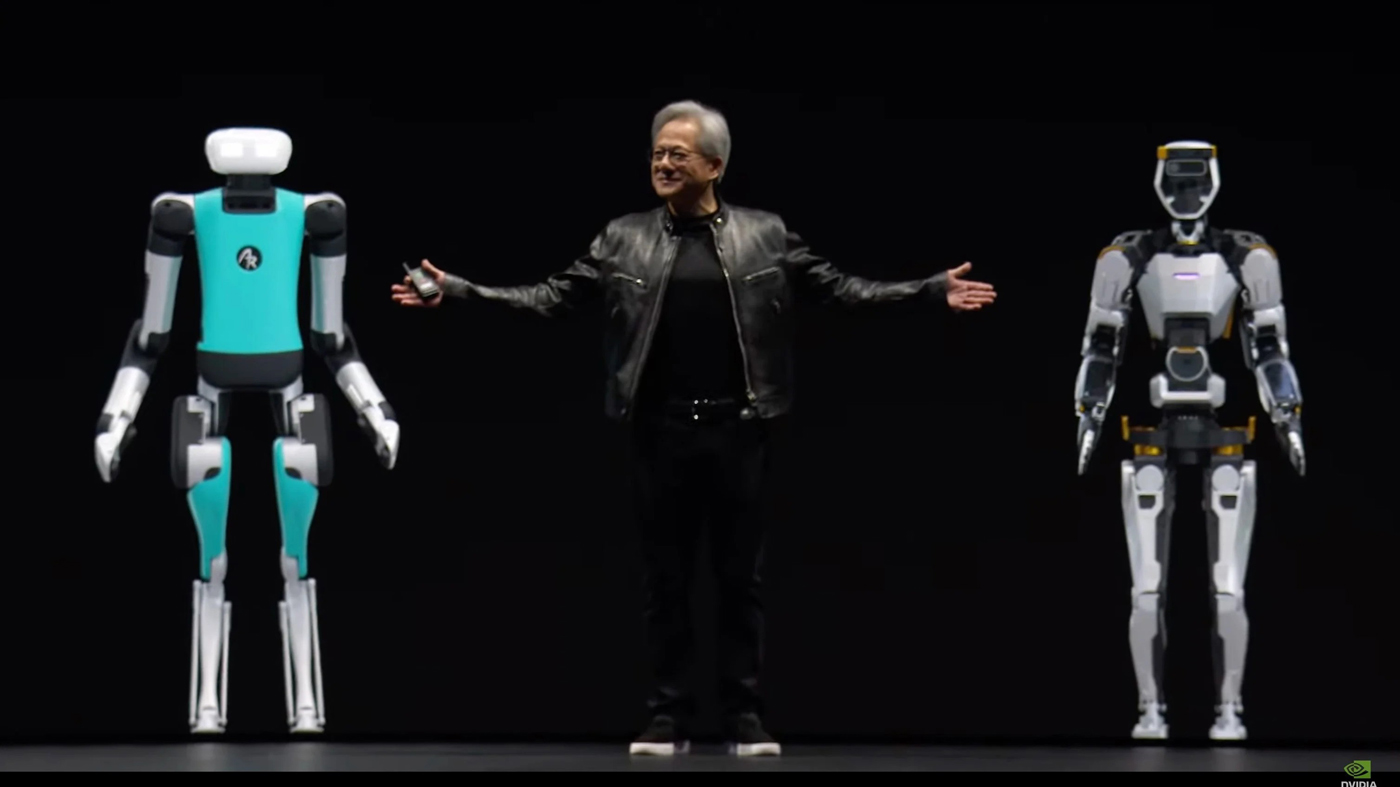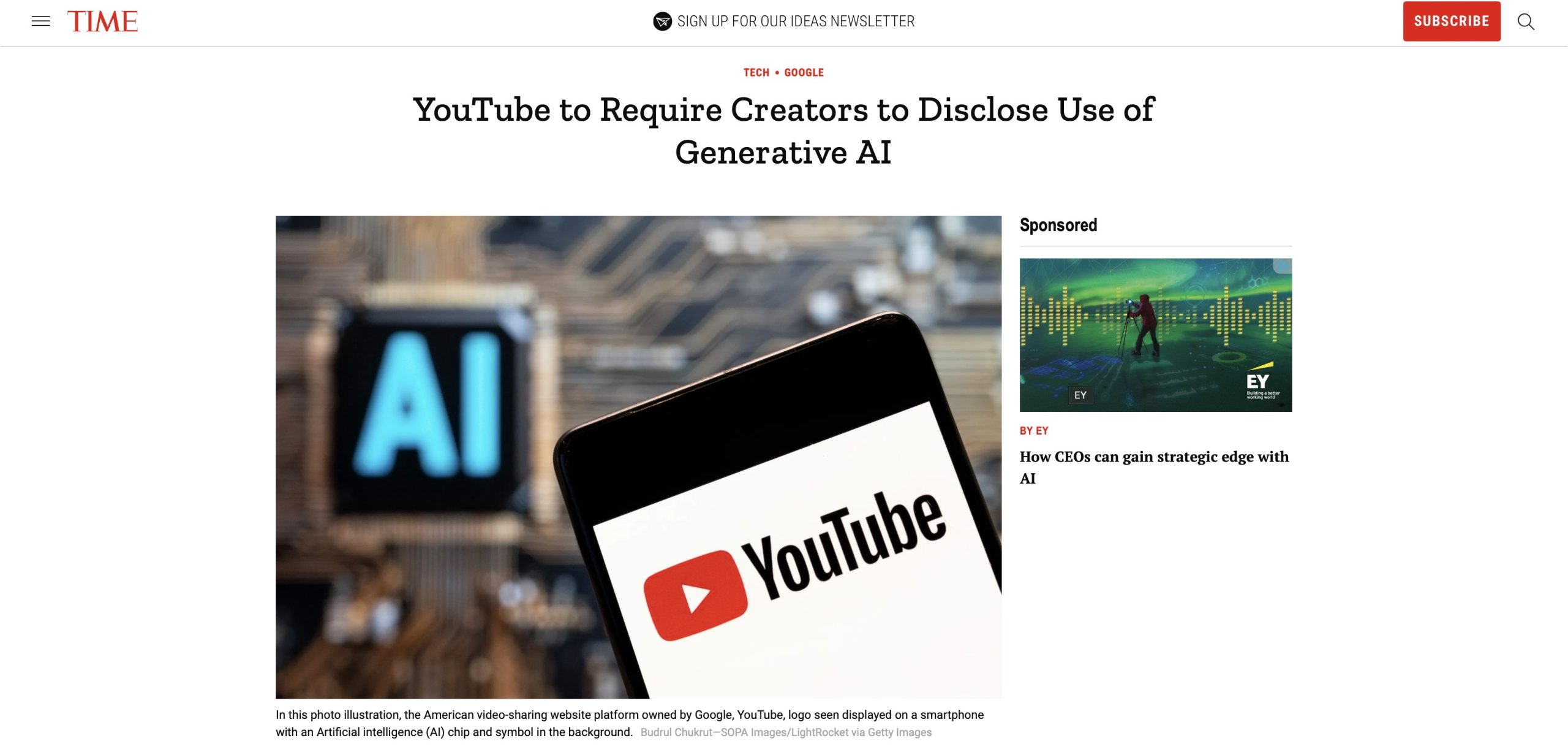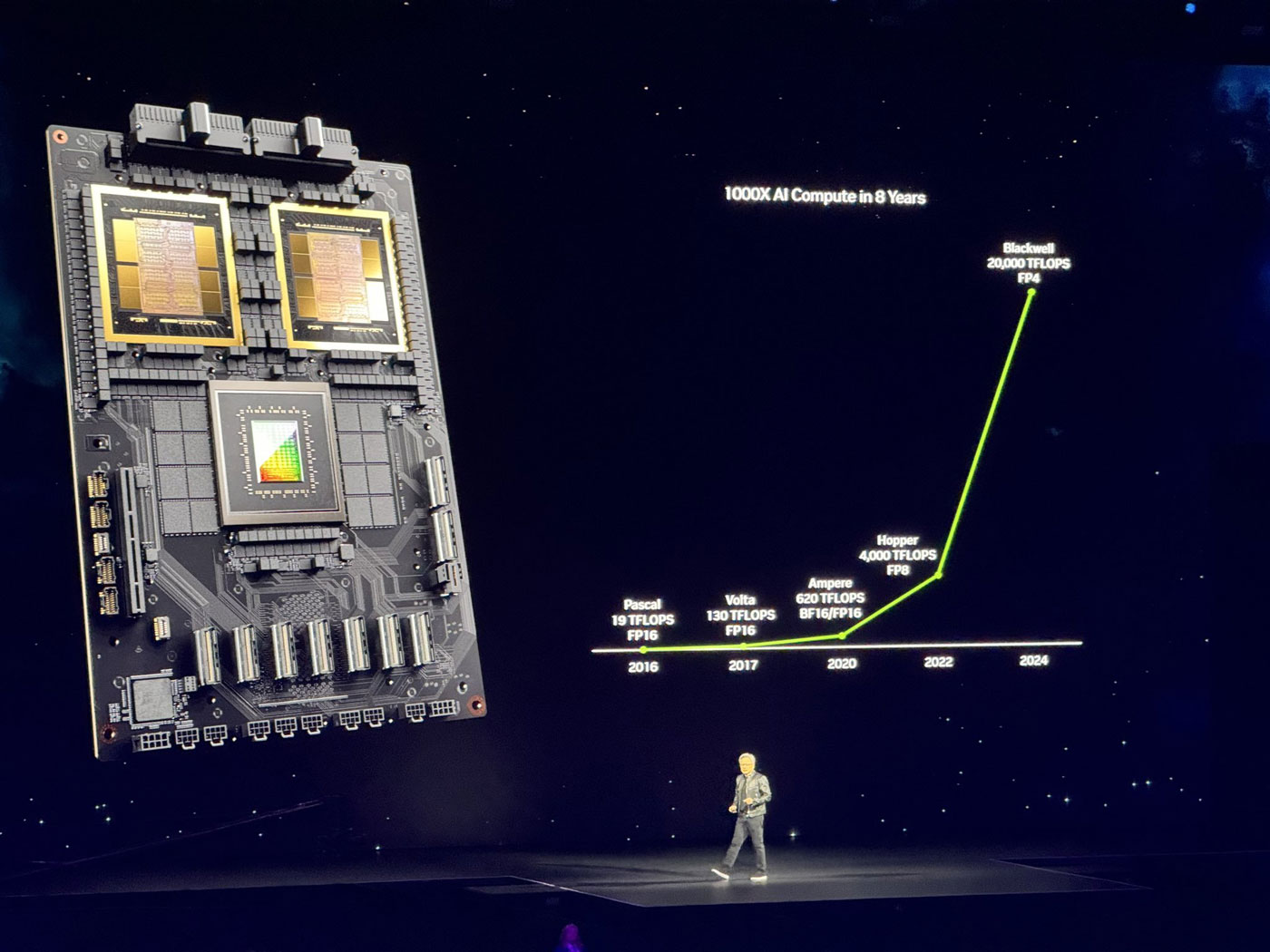Google Update Reveals AI Will Read All Your Private Messages
A recent announcement claiming Google’s AI would read all private messages sent through its Messages app sent shockwaves through the tech world. While Google quickly clarified the misinformation, the underlying question remains: how much privacy are we willing to surrender for AI-powered convenience?
The initial reports detailed an “upgrade” featuring an AI assistant analyzing message content for context, tone, and interests. While proponents touted features like personalized suggestions and proactive assistance, privacy advocates cried foul. Concerns centered on data security, potential misuse, and the chilling effect on open communication.
Google swiftly debunked the claim, assuring users their messages remained private and end-to-end encrypted. However, the episode laid bare the ever-present tension between technological innovation and individual privacy. Even anonymized data, used for training AI models, can raise ethical concerns. The specter of human oversight adds another layer of complexity, blurring the lines between convenience and intrusion.
This incident highlights the need for clear communication and transparency from tech giants. Users deserve to know exactly how their data is being used, stored, and protected. Opt-in options and granular control over data sharing should be the norm, not the exception. Additionally, robust regulations and independent oversight are crucial to safeguard privacy in the age of AI.
The benefits of AI-powered messaging assistants are undeniable. From intelligent spam filtering to proactive appointment reminders, the technology holds immense potential. However, reaping these benefits shouldn’t come at the cost of sacrificing privacy. Finding the right balance is paramount.
One potential solution lies in on-device AI processing. Keeping data analysis local eliminates the need for cloud storage and transmission, minimizing potential vulnerabilities. Additionally, fostering open-source AI development could increase transparency and trust.
Ultimately, the future of messaging apps hinges on striking a delicate balance. We must embrace the potential of AI without compromising our fundamental right to privacy. Only through open dialogue, clear ethical guidelines, and user-centric design can we navigate the murky waters of messaging and ensure our conversations remain truly private.





